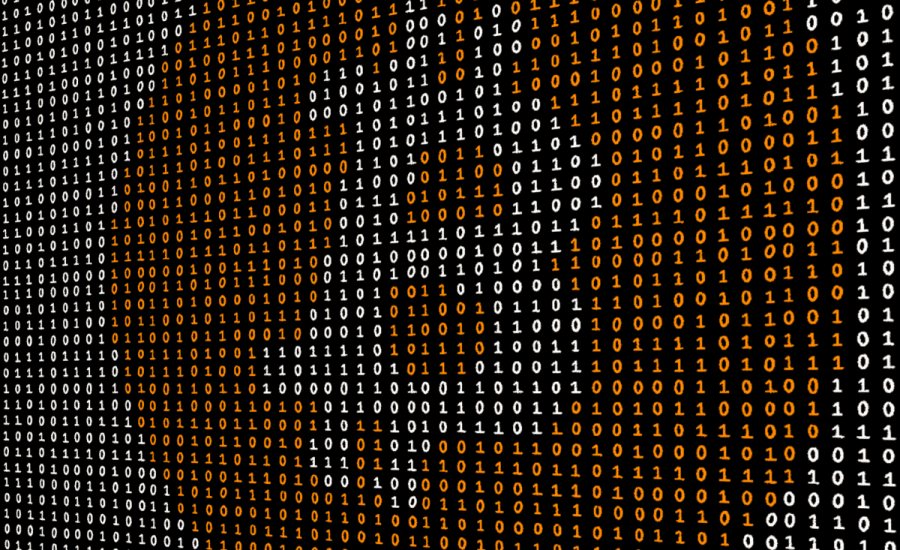The BIS’ Basel Committee introduced a finalized proposal for limits to the amount of Tier 1 capital banks can hold in bitcoin.
The Bank for International Settlements’ (BIS) Basel Committee on Banking Supervision has finalized a proposed policy that would place a 2% limit on banks’ Tier 1 capital held in bitcoin. This comes with an endorsement from the Group of Central Bank Governors and Heads of Supervision (GHOS), the oversight body of the Basel Committee, which is the “primary global standard setter for the prudential regulation of banks.”
Investopedia defines Tier 1 capital as “the core capital held in a bank’s reserves [that] is used to fund business activities for the bank’s clients. It includes common stock, as well as disclosed reserves and certain other assets.”
The policy includes bitcoin in its definition of Group 2 crypto assets, saying that “In addition to any tokenised traditional assets and stablecoins that fail the classification conditions, Group 2 includes all unbacked cryptoassets.” It later describes that “a bank’s total exposure to Group 2 cryptoassets should not generally be higher than 1% of the bank’s Tier 1 capital and must not exceed 2% of the bank’s Tier 1 capital.”
The BIS had previously considered a policy of 1% for global banks. In turn, the banks requested a 5% reserve limit. This 2% appears to be a compromise between the two. According to data from 2020, if applied to all banks in the world, who collectively custody approximately $180 trillion, this would amount to a limit of $3.6 trillion in bitcoin held by such entities.
Tiff Macklem, Chair of the GHOS, stated that “Today’s endorsement by the GHOS marks an important milestone in developing a global regulatory baseline for mitigating risks to banks from cryptoassets. It is important to continue to monitor bank-related developments in cryptoasset markets. We remain ready to act further if necessary.”




